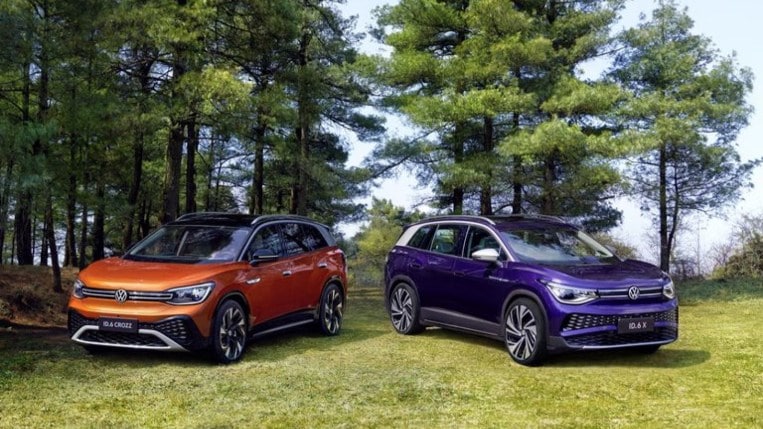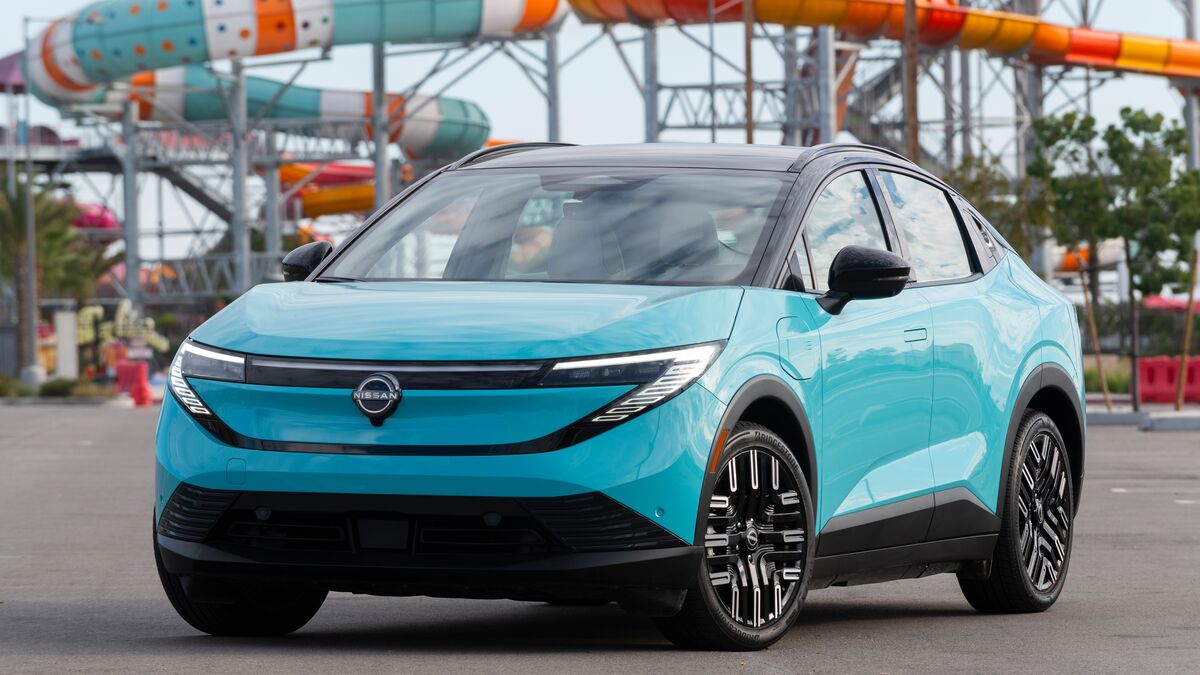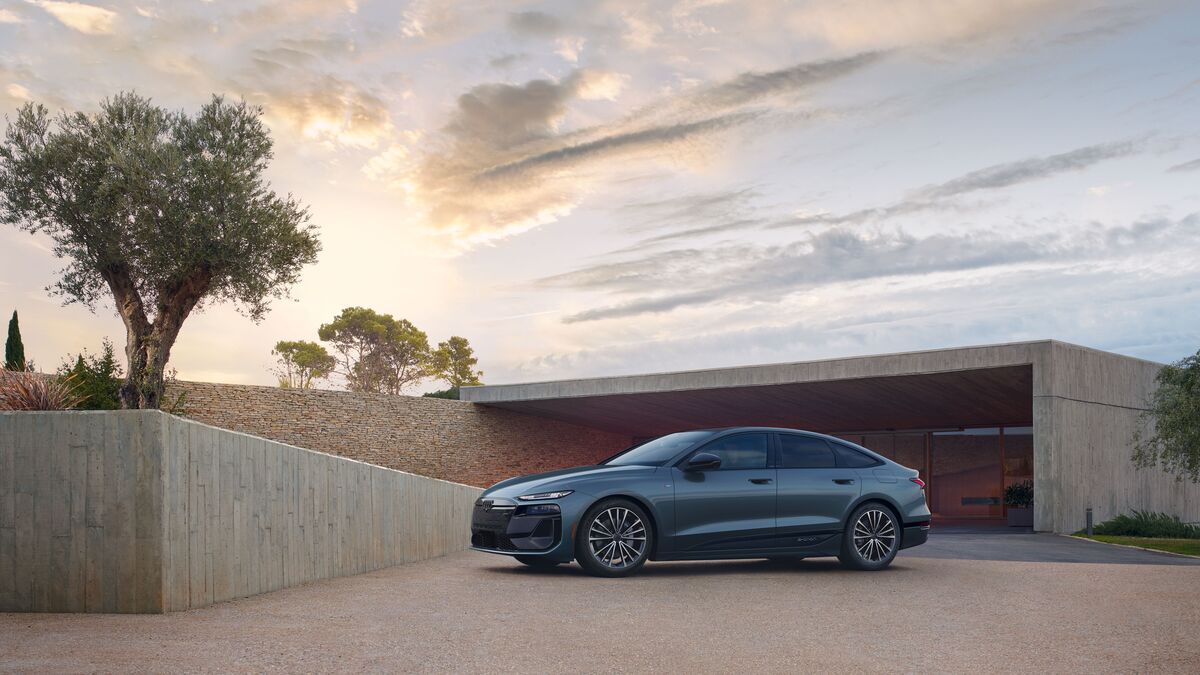The world’s largest automaker believes electric vehicles (EVs) will cost roughly the same as internal-combustion-powered cars do within four years. In a presentation on the company’s long-term plans yesterday, VW said it expects 50% of its global sales to be electric vehicles by 2030.
One Set of Bones for Many Brands
For VW, the key to that growth will be its new Scalable Systems Platform. SSP is a single architecture that VW will use to develop vehicles of many classes and sizes.
Many automakers have adopted similar approaches. They involve a chassis, electric motors, batteries, and suspension, all built as one unit. Designers can scale the chassis up or down to build larger or smaller vehicles. They can vary vehicle traits like power, range, and drive system by altering the battery size and including motors on one or both axles.
SSP, VW says, could be used by all of its brands. That includes affordable Volkswagen models, luxury Audis, high-performance Porsche cars, and ultra-luxe Bentley vehicles. The first vehicles built on the new platform should reach showrooms in 2026.
Designing dozens of products with a single foundation could drive the cost of EVs down significantly, helping VW reach its price parity goal.
No Firm Target to End Gasoline Engines
The company said it expects half its global sales to be electric by 2030. It did not commit to a deadline for the end of VW internal combustion engines. Smaller rivals, like Volvo, have announced plans to cease building gas-powered cars by 2030. None of the mammoth, multi-brand automakers have made a firm commitment to end gasoline-powered production, but GM has said it expects to sell a mostly-electric portfolio by 2035.








